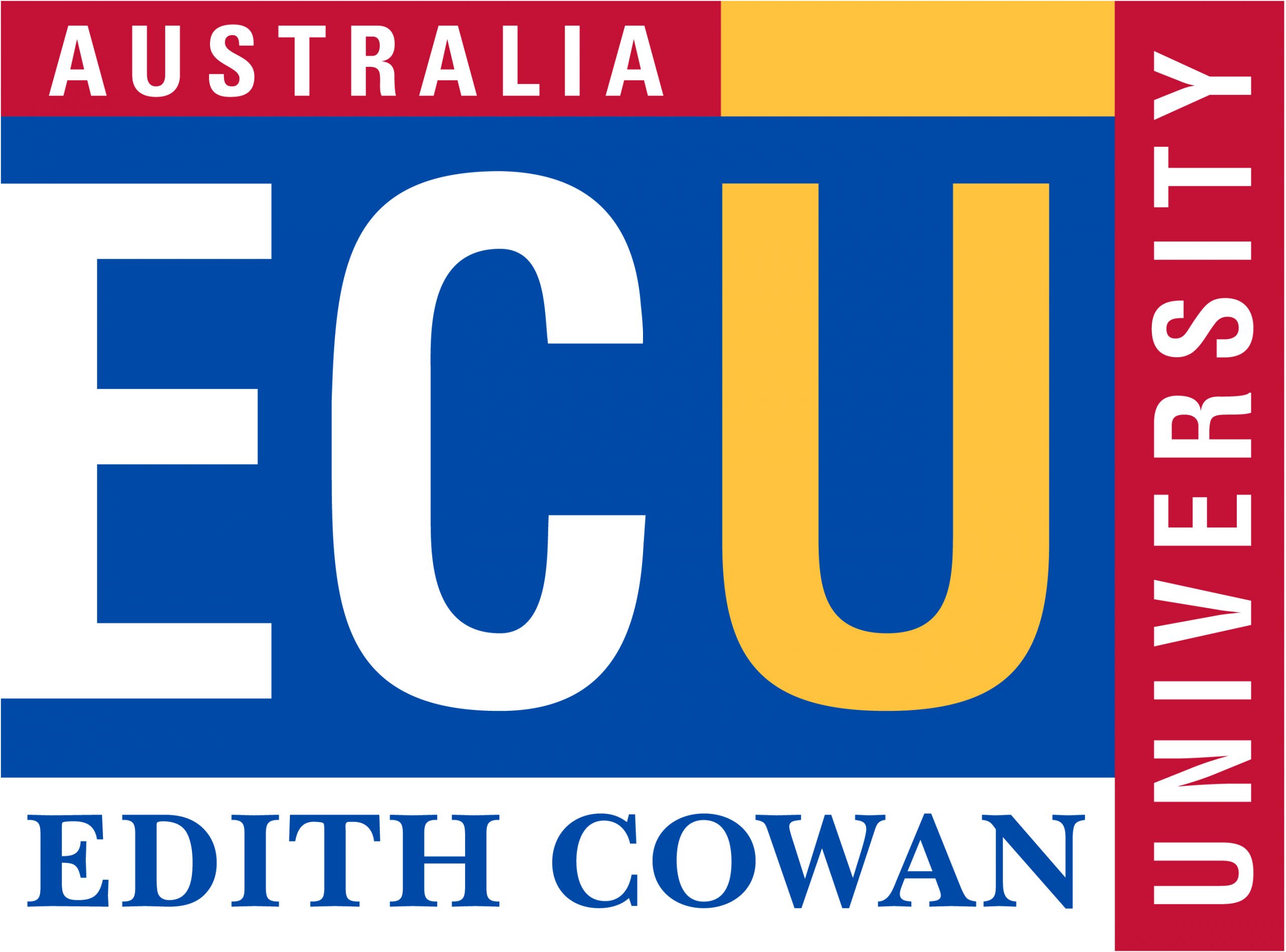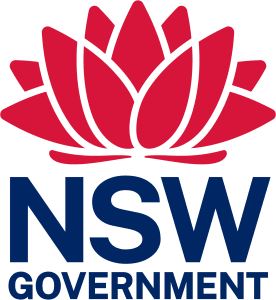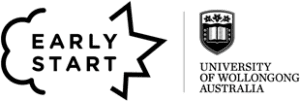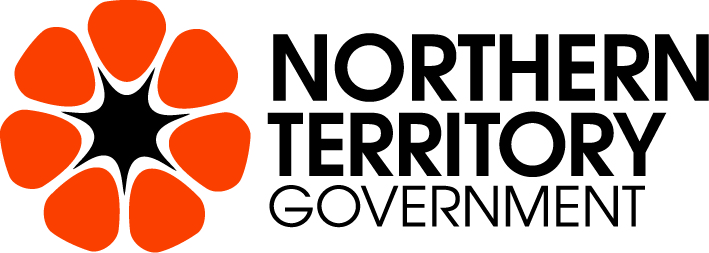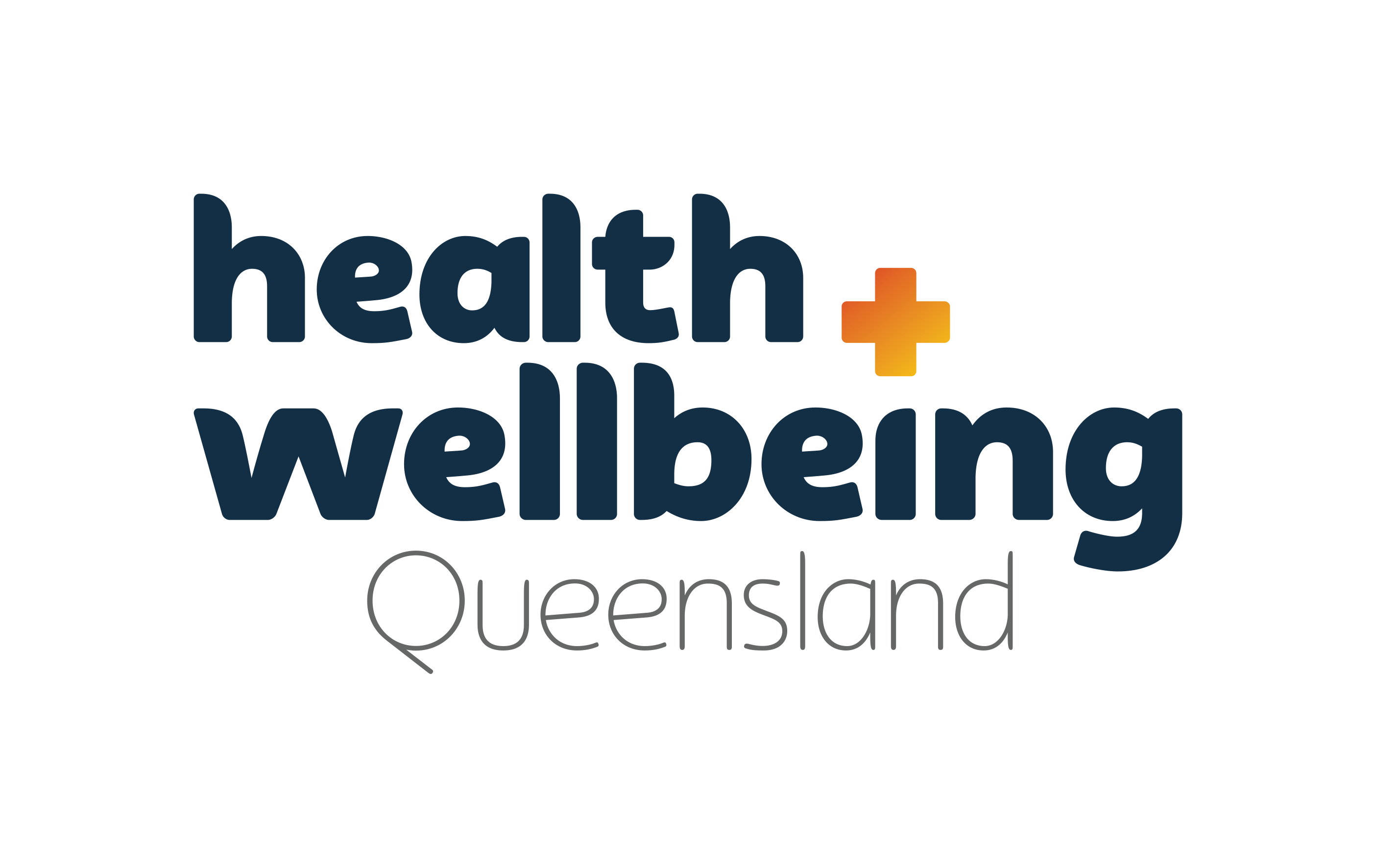About
Network Structure
Streams
The Network has an overarching core group that develops the strategic direction. An Executive Committee, facilitates decision making to support knowledge translation for practice and policy.
There are three streams that form the activity spaces for the network and these include:
- Measurement Stream
- Intervention Stream
- Advocacy Stream
Collaboration is a critical part of knowledge dissemination and strategic partnerships are a valued inclusion to the networks structure. All members are welcome to present expressions of interest for the streams. The interest needs to align with the objectives of the network and/or the stream(s).
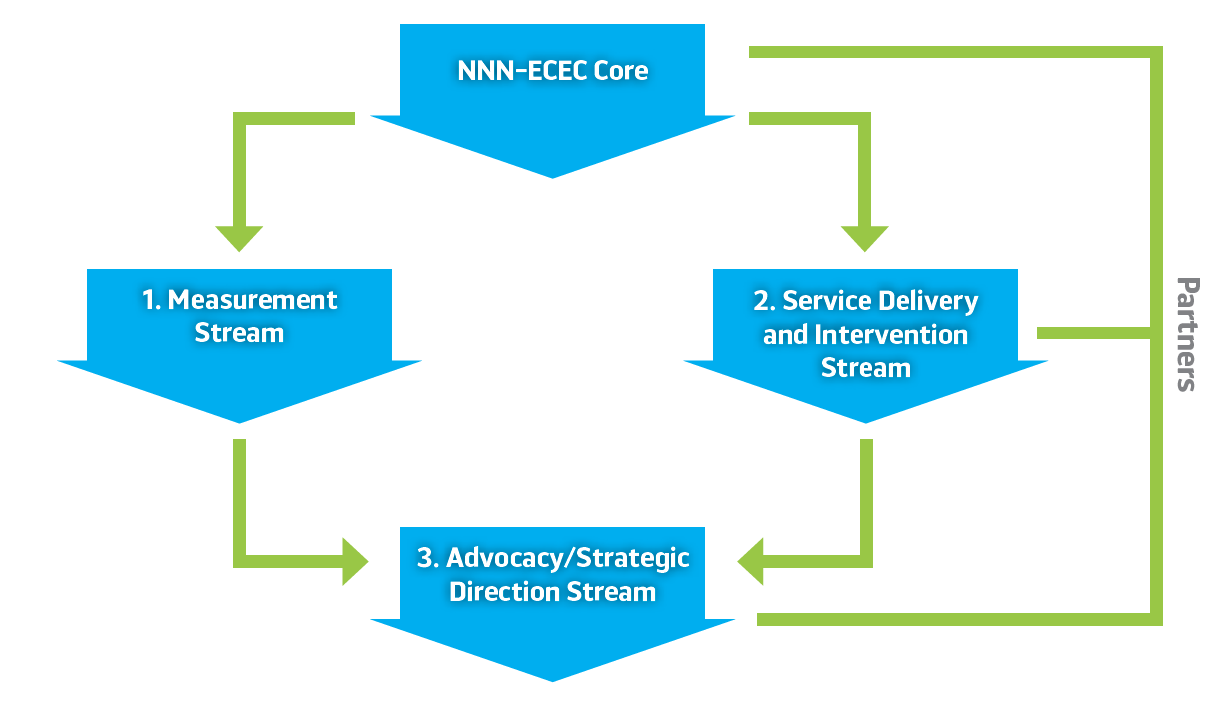
Goal
Strengthen the consistency and quality of the methods used to assess food environments within Early Childhood Education and Care (ECEC) settings in research and practice.
Actions
Measurement stream meetings facilitates the following objectives:
- Provide a collegial platform for members to discuss projects and share evidence-based knowledge of best-practice methods of measurement.
- Connect practitioners and implementation researchers with mutual interest to promote the application of valid and reliable tools into research and practice.
- Promote members to participate in further research by identifying gaps in existing measurement tools.
- Encourages members to identifying gaps in practice and advocate utilisation of best practice measurement tools.
Goal
The goal of the Intervention Stream is to improve the consistency and/or quality of professional development, support and resources accessed by Australian ECECs related to the food environment and to meet required National Accreditation Standards.
Actions
- To map the professional networks of all members to identify opportunities for internal and external knowledge sharing to support translation dissemination, thus extending the current networks of existing NNN members.
- Collaborate with other streams to develop translation briefs, fostering collegiality within the Network.
- Demonstrate a passion to improve the devlopmental outcomes of children who attend ECEC services by facilitating knowledge sharing opportunities of members to their networks to promote consistent healthy food environment messaging in the ECEC sector.
- Seek opportunities for cross promotion and resource sharing between agencies, to optimise food environments in ECEC, thus reducing duplication of resources and building capacity through knowledge sharing and purposeful professional relationships.
- Foster a safe environment to discuss projects and share knowledge of research and implementation for NNN members
- Optimise the quality of resources and interventions for food environments in the ECEC sector, by guiding the development of a quality all of service approach to a healthy food environment
- Promote utilisation of implementation research by practice agencies, in an educative and non-judgemental way to mobilise change in the food environment in the ECEC sector
Goal
Overarching aim is to advocate for systems change in the ECEC sector which strengthens nutrition best practice, and our internal role is to support capacity building of NNN members to advocate for systems change
Actions
Systems change strategies to improve ECEC food environment
- Develop relationships with ACECQA and jurisdictional ECEC/education/health/communities departments and peak bodies (to position NNN as credible ECEC nutrition experts/ advisors)
- Scope what nutrition-related system changes are needed and prioritise
- Leverage national policy opportunities (e.g. National Obesity Strategy; advocate for a national nutrition/food plan; support ACECQA and jurisdictional entities in assessing and rating ECEC food environment)
- Strategically advocate for relevant system changes in partnership with the ECEC sector stakeholders
Capacity building of NNN members
- Provide a forum for advocacy
- Broker special projects which increase members capacity for advocacy, connecting interested members to work together (e.g. development of practice paper best practice guidelines, or an opinion piece on best practice)
- Develop templates for evidence briefs and policy briefs
- Facilitate Knowledge transfer (within meetings +/- evidence summaries on the website)
Collaborators
